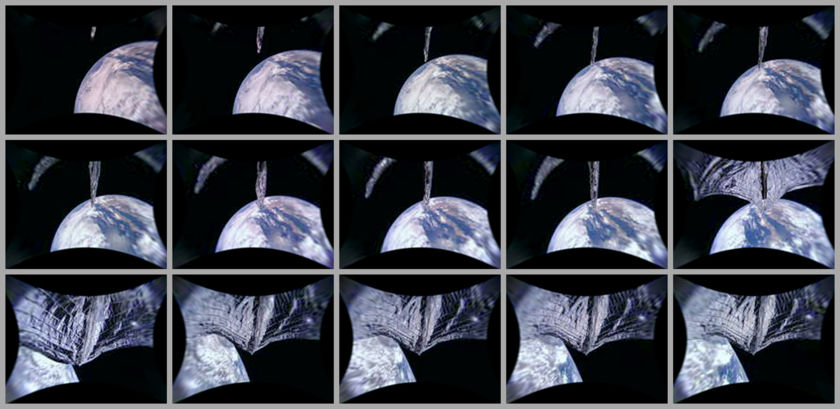Space exploration non-profit The Planetary Society is celebrating a stack of wins today, after announcing that its LightSail 2 spacecraft, which was funded in part through a crowdfunding campaign, has managed to successfully fly on the power of sunlight alone. It’s raised its orbit after initially being put into position by a Falcon Heavy launch and its own conventional thrusters, climbing by about two kilometres (about 1.2 miles) from its initial orbit using on the force exerted by photos from the sun bouncing off the surface of its mylar sail.
This is a huge achievement, which successfully demonstrates that the idea of flying CubeSats, or small satellites, in orbit with altitude adjustments powered by light alone is indeed a viable option. LightSail 2 is the first spacecraft to show that solar sailing works in EArth’s orbit, and only the second solar sail spacecraft flown ever, after 2010’s Ikaros which was operated by Japan’s Aerospace Exploration Agency (JAXA) on a very different mission.
This is indeed primary mission success, but LightSail 2’s voyage isn’t over – it’ll now continue to raise its orbit using the solar sail, with a goal of raising the overall apogee (or high point) of the spacecraft’s orbit over time. It’ll also seek to improve overall performance of solar sailing, by optimizing a required process called “desaturation” that temporarily takes the craft out of its target solar sailing orientation in order to bleed off accumulated momentum.
In around a year from now, LightSail 2 will perform its planned deorbit and entry into the Earth’s atmosphere, at which point it’ll burn up.
This a also a big achievement for crowdfunded space exploration – around 50,000 people contributed to the LightSail funding campaign, from acrosss 100 countries, and contributed along with various foundations and corporate sponsor to raise the $7 million used to fund the spacecraft development project and launch.
“For me, it’s very romantic to be sailing on sunbeams,” said Planetary Society CEO Bill Nye at an event on Wednesday to announce the achievement.
Data collected from LightSail 2 will be shared with other organizations including NASA, which intends to launch its own solar sail-powered small satellite on a mission to explore a near-Earth asteroid sometime in the near future.
Source: Tech Crunch



